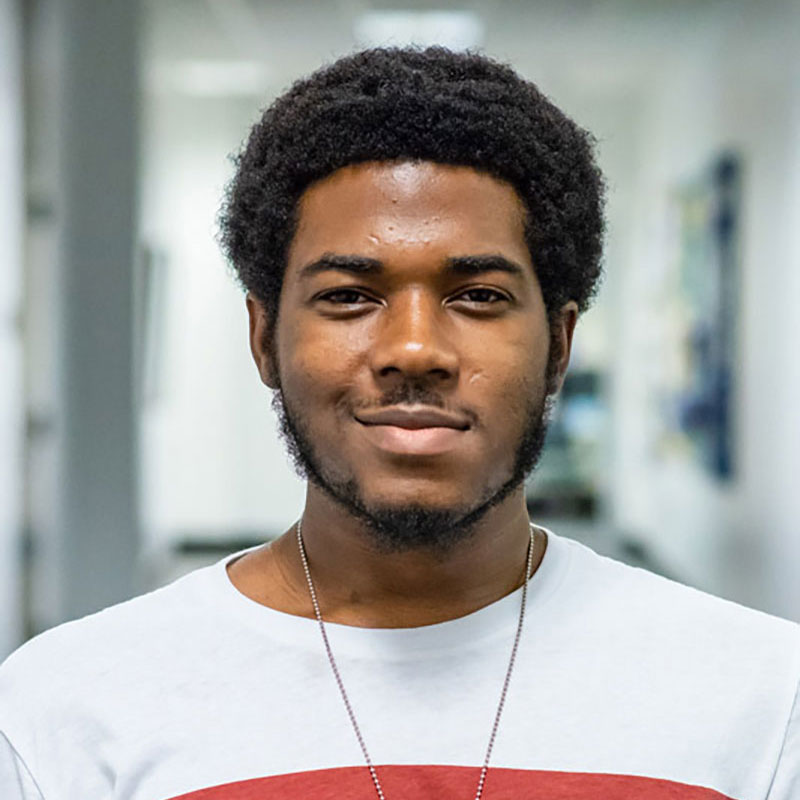The importance of acknowledging Kwanzaa regardless of one’s race
 As time has gone on and people have become accustomed to saying “Happy Holidays” many are still unfamiliar with some of the winter holidays besides Christmas and Hanukkah. One of these is the wonderful and joyous Kwanzaa. While many are more or less familiar with Kwanzaa as the day after Christmas, many are quite unfamiliar with what exactly the meaning of the holiday is and what it represents.
As time has gone on and people have become accustomed to saying “Happy Holidays” many are still unfamiliar with some of the winter holidays besides Christmas and Hanukkah. One of these is the wonderful and joyous Kwanzaa. While many are more or less familiar with Kwanzaa as the day after Christmas, many are quite unfamiliar with what exactly the meaning of the holiday is and what it represents.
Kwanzaa is a cultural holiday that was created and founded by Maulana Karenga in 1966. Born Ronald Everett, Karenga was a black activist with heavy involvement in the Black Power movement of the 1960s. Karenga felt that black people needed a holiday that could connect African-Americans back to their African roots, while also having a cultural holiday in general for African-Americans to celebrate around winter.
Karenga saw it as a proper and more appropriate holiday for blacks to celebrate than Christmas, feeling that African-Americans should abandon Christmas, and Christianity as a whole. Karenga even believed Jesus to be a madman. While this might prove to be controversial for many, Karenga’s main point in creating the holiday was to have a secular holiday that could allow those of African descent to come together and celebrate community, family and culture.
Karenga based the holiday off of the “first fruit” harvest celebrations, which celebrates a successful harvest and are common in African societies, with the name Kwanzaa being based off the Swahili phrase “matunda ya kwanza,” meaning “first fruits of the harvest.” Karenga’s usage of Swahili as the language for the holiday represents its being a product of Pan-Africanism, a movement centered around strengthening bonds between all those of African descent.
Kwanzaa is celebrated over a period of seven days, beginning on Dec. 26 and culminating in a grand celebration Jan. 1. Each day is meant to recognize and coincide with one of the seven principles, or Nguzo Saba, developed by Karenga that are meant to be key ideas and principles of black culture: Umoja (unity), Kujichagulia (self-determination), Ujima (collective work and responsibility), Ujamaa (cooperative economics), Nia (purpose), Kuumba (creativity) and Imani (faith).
These seven principles are further symbolized in the form of seven candles that are placed in the Kinara, or candle holder. African traditions and influences can be seen in the holiday’s colors and decorations, as the colors of Kwanzaa are black, red and green, which are common Pan-African colors. These are also the colors of the candle, with the middle candle being black, and three being red on one side and green on the other. Decorations include various traditional African items, such as African baskets, cloth patterns, art objects and harvest symbols. Corn is regarded as the primary food symbol, representing the holiday’s homage to the first fruits celebrations of Africa.
During the seven days of Kwanzaa, the common greeting, aside from “Happy Kwanzaa” and “Joyous Kwanzaa” is to say, “Habari Gani” which is Swahili for, “What is the news?” The proper response is to state which of the seven principles is being celebrated that day. As far as gift giving goes, gifts are usually given to children, but the gift must always include a book and a heritage symbol, as this reaffirms the commitment and recognition to one’s African culture, and the importance of knowledge in African society and history.
With that being said, Kwanzaa is definitely a holiday in greater need of recognition. While Christmas is a religious holiday observing the birth of Jesus Christ and regarded as time for love and spending time with family and Hanukkah is a religious holiday celebrating a historic miracle, Kwanzaa is a time for all those of African descent to think about their roots and heritage and the sense of community and culture, but most of all the perseverance that has come with being black, or African-American.
On a greater level, Kwanzaa is a celebration that should be recognized by other cultures as a reminder and recognition of America’s history in the struggle for equal rights for all races. Ultimately, what everyone can take away from Kwanzaa is that it is a product of the battle for equal rights for blacks and other non-white cultures that has been waged in America practically since the country’s inception.


I agree everyone should recognize Kwanzaa no matter one’s race. I am a white woman who realizes my white privileges but would also like to recognize my African ancestry. I do have African ancestors from Nigeria and the Ivory Coast, my DNA proves that fact. I do not want to offend blacks and feel that more people of all colors recognizing and stating their African roots is an asset. Sadly, but not surprising, I have had prejudice remarks by whites who, upon my sharing my African DNA, stated that there was no way any African DNA would be in their blood. I’m pretty certain that some blacks would be prejudice of my white skin too. So, can I really celebrate My African ancestors openly without offending the black community?